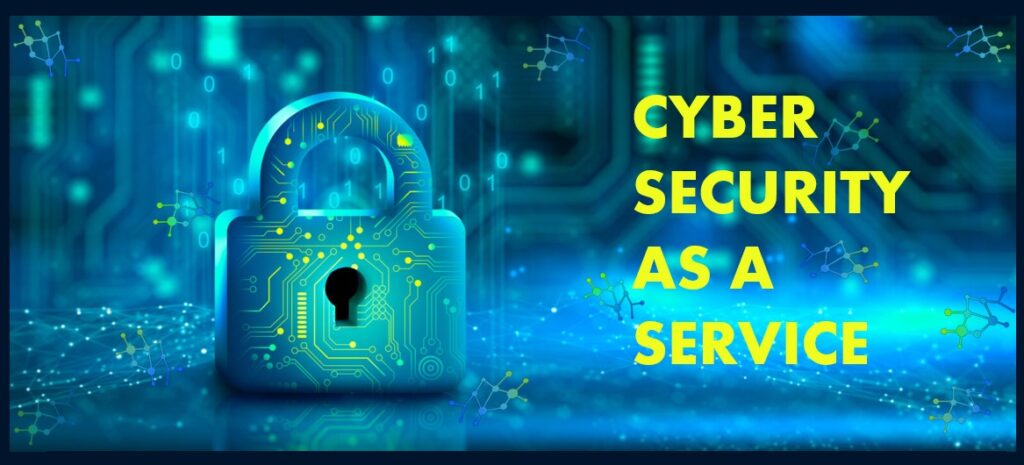The Transformative Power of Blockchain Technology
February 14, 2025

Blockchain technology is often associated with cryptocurrencies like Bitcoin and Ethereum, but its potential extends far beyond digital currencies. As organizations across various sectors explore the applications of blockchain, it’s clear that this technology can revolutionize industries by enhancing transparency, efficiency, and security. In this blog, we’ll examine real-world applications of blockchain beyond cryptocurrency, how it can enhance supply chain transparency, and the future of decentralized finance (DeFi) and its implications.
Real-World Applications of Blockchain Beyond Cryptocurrency
- Healthcare
Blockchain technology can significantly improve the healthcare sector by securely storing and sharing patient data. This decentralized approach ensures that medical records are tamper-proof and accessible only to authorized personnel. By enabling interoperability between healthcare providers, blockchain can streamline patient care, enhance data security, and reduce administrative costs.
- Voting Systems
Blockchain can enhance the integrity and transparency of voting processes. By creating a secure and immutable ledger for votes, blockchain can help eliminate fraud and ensure that each vote is accurately counted. This application has the potential to increase voter confidence and participation in democratic processes.
- Real Estate
In real estate, blockchain can simplify property transactions by providing a transparent and secure platform for recording ownership. Smart contracts can automate the buying and selling process, reducing the need for intermediaries and minimizing the risk of fraud. This technology can also streamline title searches and reduce transaction times.
- Intellectual Property Protection
Artists, musicians, and content creators can use blockchain to protect their intellectual property rights. By registering their work on a blockchain, creators can establish ownership, track usage, and receive royalties directly. This application empowers creators and helps reduce piracy and unauthorized use.
- Energy Trading
Blockchain technology can facilitate peer-to-peer energy trading, allowing individuals to buy and sell excess energy generated from renewable sources. By connecting energy producers and consumers directly, blockchain can create a more efficient energy market and promote the use of sustainable energy.

How Blockchain Can Enhance Supply Chain Transparency
- Real-Time Tracking
Blockchain provides a transparent and tamper-proof ledger that can track products in real-time throughout the supply chain. Each transaction or movement is recorded, allowing stakeholders to verify the origin, status, and authenticity of goods at any point in the process. This visibility can reduce losses, minimize delays, and enhance overall efficiency.
- Increased Accountability
With blockchain, every participant in the supply chain can access the same information, reducing disputes and enhancing accountability. This transparency ensures that all parties are aware of their responsibilities, leading to improved collaboration and trust among suppliers, manufacturers, and retailers.
- Improved Quality Control
Blockchain can help monitor product quality by recording conditions during transportation and storage. For example, temperature-sensitive products, such as pharmaceuticals or perishable goods, can be tracked to ensure they remain within required conditions. If any discrepancies occur, stakeholders can quickly identify the source of the problem, reducing waste and ensuring product safety.
- Ethical Sourcing
Consumers are increasingly concerned about the ethical sourcing of products. Blockchain can provide verifiable evidence of sourcing practices, allowing companies to demonstrate their commitment to sustainability and ethical labor practices. This transparency can enhance brand loyalty and trust among consumers.

The Future of Decentralized Finance (DeFi) and Its Implications
- What is DeFi?
Decentralized finance (DeFi) refers to a broad category of financial applications built on blockchain technology, aiming to recreate and improve traditional financial systems without intermediaries. DeFi platforms enable users to lend, borrow, trade, and earn interest on their digital assets, all while maintaining control over their funds.
- Increased Accessibility
One of the most significant implications of DeFi is its potential to increase access to financial services for underserved populations. With only an internet connection required, individuals in regions with limited banking infrastructure can access a wide range of financial services, empowering them economically.
- Innovative Financial Products
DeFi is driving innovation in financial products, enabling the creation of new financial instruments such as yield farming, liquidity mining, and decentralized exchanges. These products can offer users higher returns and greater flexibility compared to traditional finance, attracting a new generation of investors.
- Regulatory Challenges
While DeFi presents numerous opportunities, it also poses regulatory challenges. Governments and regulatory bodies are grappling with how to oversee these decentralized platforms without stifling innovation. The future of DeFi will likely involve a balance between fostering innovation and ensuring consumer protection and financial stability.
- Potential Risks
Despite its advantages, DeFi is not without risks. Issues such as smart contract vulnerabilities, market volatility, and lack of consumer protections pose significant challenges. As the DeFi ecosystem evolves, addressing these risks will be crucial to building trust and ensuring sustainable growth.
Blockchain technology has the potential to transform various industries, enhancing transparency, efficiency, and security in ways that were previously unimaginable. From revolutionizing healthcare and voting systems to improving supply chain transparency and enabling decentralized finance, the applications of blockchain are vast and varied. As organizations continue to explore the possibilities of this innovative technology, understanding its implications will be essential for navigating the future landscape of business and finance. Embracing blockchain can lead to a more transparent, equitable, and efficient world, unlocking opportunities for growth and innovation.

Have Any Question?
Call or email Cocha. We can help with your cybersecurity needs!
- (281) 607-0616
- info@cochatechnology.com




